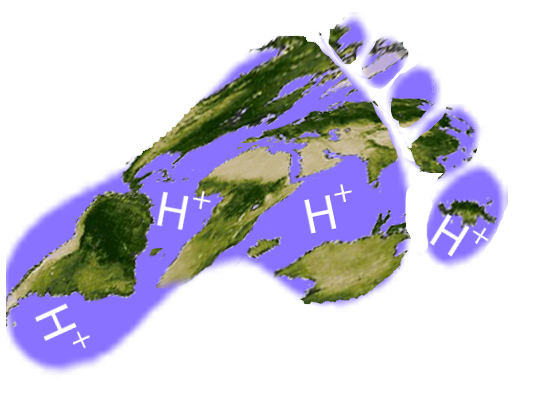
In addition to the famous impacts of atmospheric carbon on global warming, there is an equally worrisome effect of carbon dioxide on the oceans: ocean acidification (or OA for short). Here at I2SEA we have a series of resources about OA, including Our Acidifying Ocean, which is an introductory activity and virtual lab (note: now mobile compatible!).
A student suggested that we start a conversation topic about OA, and here it is! Have you heard about Ocean Acidification? If so, are you worried about it? How do you think we can best raise awareness about it among your fellow students and the general public? Have you seen particularly good links or films about OA that you would like to share? What are you doing to address the problem?
Ocean Acidification >
Fixing Ocean Acidification

Ocean acidification is a significant environmental issue caused by excess atmospheric carbon dioxide being absorbed by the oceans. This process lowers the pH of seawater, making it more acidic. According to the National Oceanic and Atmospheric Administration (NOAA), ocean acidification has detrimental effects on marine life, mainly the organisms with calcium carbonate shells and skeletons. These species are vital to the marine food web and their decline can disrupt entire ecosystems, affecting biodiversity and fisheries that we rely on. The NOAA suggests several strategies, reducing CO2 emissions is paramount, which can be achieved by transitioning to renewable energy sources and enhancing energy efficiency. Protecting and restoring marine ecosystems, such as seagrass beds and mangroves, can also help as they absorb CO2. Additionally, improving monitoring and research on ocean chemistry and its impacts can guide effective policy and conservation efforts. We need to work harder on reducing our carbon footprint!





